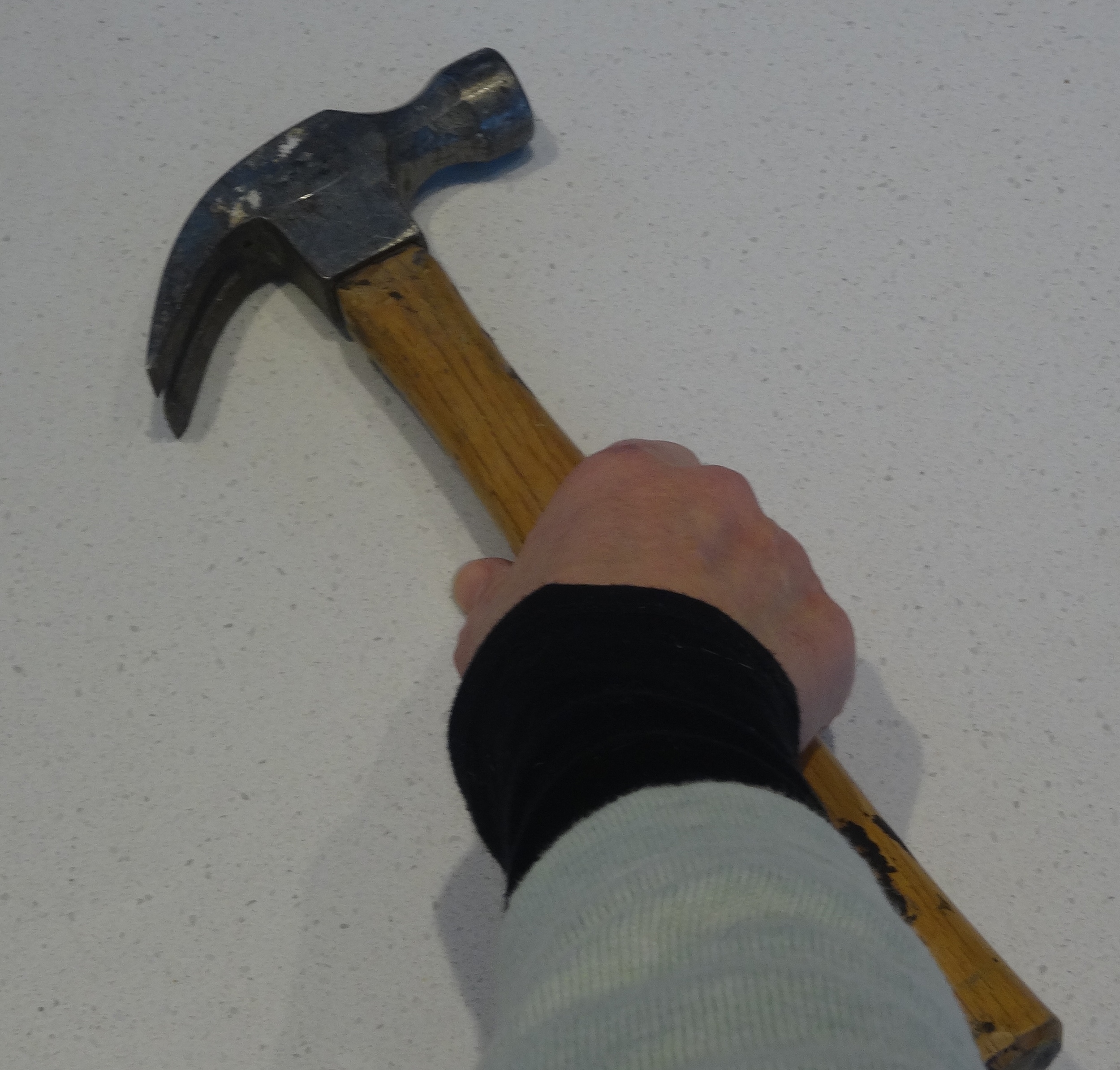Recognition, appreciation, love, comfort, understanding, respect - we all thrive on them. What's even better is that they are free. And as a gift they cost nothing. But the deal is this: you have to give first. After that, the more you give, the more you get. For some reason it doesn't work the other way around. You can wait a long time to get if you are unwilling to give first. It's all about opening up, putting yourself out there, going out on a limb, and then enjoying all that comes back.
And it's gratifying both ways, for the recipient as well as the receiver. That's why volunteering is so rewarding. Or gift giving. Or helping. Or praising your employee or student for a job well done. Do you know how good it feels when someone says to me "how can I help?" That question in itself is a gift. So give, give, and give some more. You may just like what comes back.


